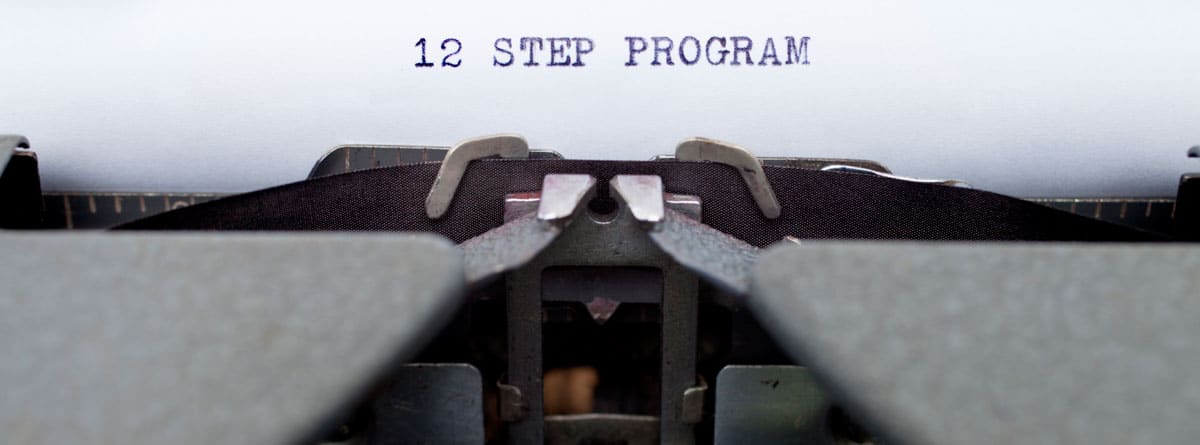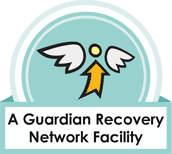It’s not easy to be in the throes of active addiction, but it’s just as hard for addicts’ loved ones. They have front-row seats for the downward spiral of addiction, forced to watch helplessly as they continue getting themselves into worse and worse situations. The desire to help becomes an inner conflict: Where’s the line between helping and enabling? How do you tell the difference between the two?
When family members enable an addict’s substance abuse, it’s often unwitting. Specifically, they’re more aware of what consequences they may face if they don’t enable rather than the consequences of their enabling for the addict. Codependency is often a factor with the enabling loved one desperate to keep the addict from abandoning him or her, which they believe would be the result of refusing to help them through enabling behaviors. However, enabling is incredibly dangerous for the addict and harmful to both parties. Therefore, be aware of the following actions that could be enabling your addicted loved one.
Prioritizing the Addict’s Needs Before Your Own
Selflessness is viewed as a very positive quality as it shows a person is capable of putting others’ needs before their own; however, in the case of being the loved one of an addict, there’s the potential for selflessness to turn into enabling. Addicts are extremely needy people. They need lots of money to get their daily fixes and will resort to extreme lows to get it. It’s common for them to overwhelm their more vulnerable loved ones, causing them to put the addict’s needs before their own in almost all circumstances. In short, it results in the loved one sacrificing his or her well-being to help the addict sustain his or her substance abuse.
Ignoring the Addict’s Negative Behaviors
It’s not easy to see a person we love spiral into the depths of addiction. In many cases, this is an encompassing transformation that turns good people with lots of potential and ambition into desperate people who have no loyalty and are concerned only about alcohol or drugs. Rather than face reality, it’s common for addicts’ loved ones to be in denial, choosing not to acknowledge or address the blatant negative behaviors. The result is that the addict has no behavioral opposition, allowing the severity of his or her addiction to continue spiraling out of control.
Lying to Cover for the Addict
When an addict’s loved one has started lying to cover for his or her negative behaviors, the situation has become very bad. In effect, the individual is showing that he or she is willing to sacrifice his or her own morality and integrity to either remain in denial or for fear of the addict abandoning him or her. In either case, this is a very dire situation. Under no circumstances should a person compromise his or her character to defend an addict’s negative behaviors.
Blaming Others for the Addict’s Behavior
Denial is often said to be a central tenet of addiction, but it’s quite common for an addict’s loved ones to be in denial as well. When someone is in denial of another’s addiction, the individual will often blame other people for the addict’s situation: It’s not his or her fault that the individual has become addicted. However, this is an extremely dangerous thing to do. It essentially vindicates the addiction, freeing him or her from any responsibility or accountability for his or her actions.

Making Excuses for the Addict
Similarly, it’s dangerous to make excuses for people who are addicted. While there are almost always external variables that contribute to a person’s becoming addicted, it’s ultimately in their hands; after all, you can’t become addicted unless you choose to start abusing alcohol or drugs. By making excuses for an addict, you’re essentially justifying the behavior, suggesting that the person is simply reacting to a problem that was created by some other source.
Financially Supporting the Addict
When we hear the term “enabling”, it most often evokes thoughts of financial enabling. One of the most common types of enabling—and one of the most harmful types of enabling a person can do—is to provide financial support to support to someone with an addiction. Whether it means paying for all of their expenses or simply handing them cash, all that this financial support is going to do is fuel his or her substance abuse. This worsens the addiction, prolongs the addiction, and causes the addict to spiral further downward.
Blaming Yourself for the Addict’s Behavior
Much like how loved ones are quick to make excuses for addicts or blame others for the addict’s substance abuse problem, another common enabling behavior is when loved ones actually place the blame on themselves for the addict’s problem. In short, they assume responsibility for the addict becoming addicted to alcohol or drugs. This is an extremely self-deprecating form of enabling that is indicative of codependency. Under no circumstances should people blame themselves for the addictions of others.
Mitigating Any Consequences of the Addict’s Actions
This one was saved for last for a reason: Because it’s a culmination of virtually all other types of enabling. In the simplest terms, this refers to a loved one being the cushion or buffer between an addict and the consequences of his or her actions. A common manifestation of this type of enabling behavior is keeping the addict out of trouble when he or she resorts to criminal behavior in order to sustain his or her substance abuse problem. Many enablers will try to keep addicts out of legal trouble, sometimes even putting themselves at risk in the process.
Guardian Is Here For You — Call Us Today!
Getting help is the first step. We can help both the addict and their family. What works for one person doesn’t necessarily work for others. But that’s where Guardian comes in. We can help you or your loved one find the recovery resources needed to achieve long-lasting sobriety and abstinence. Call Guardian Intensive Outpatient toll-free at (888) 693-1894 to begin the journey back to a happy, healthy you today.




















